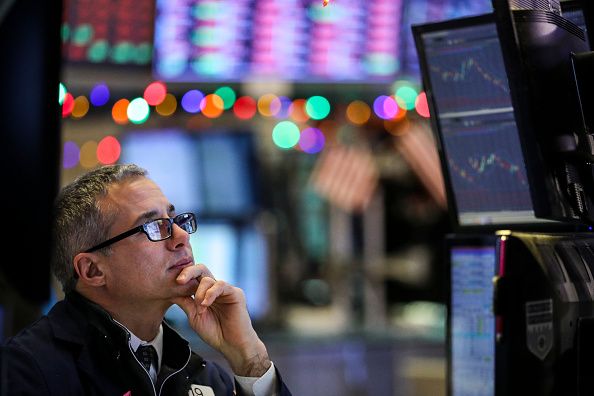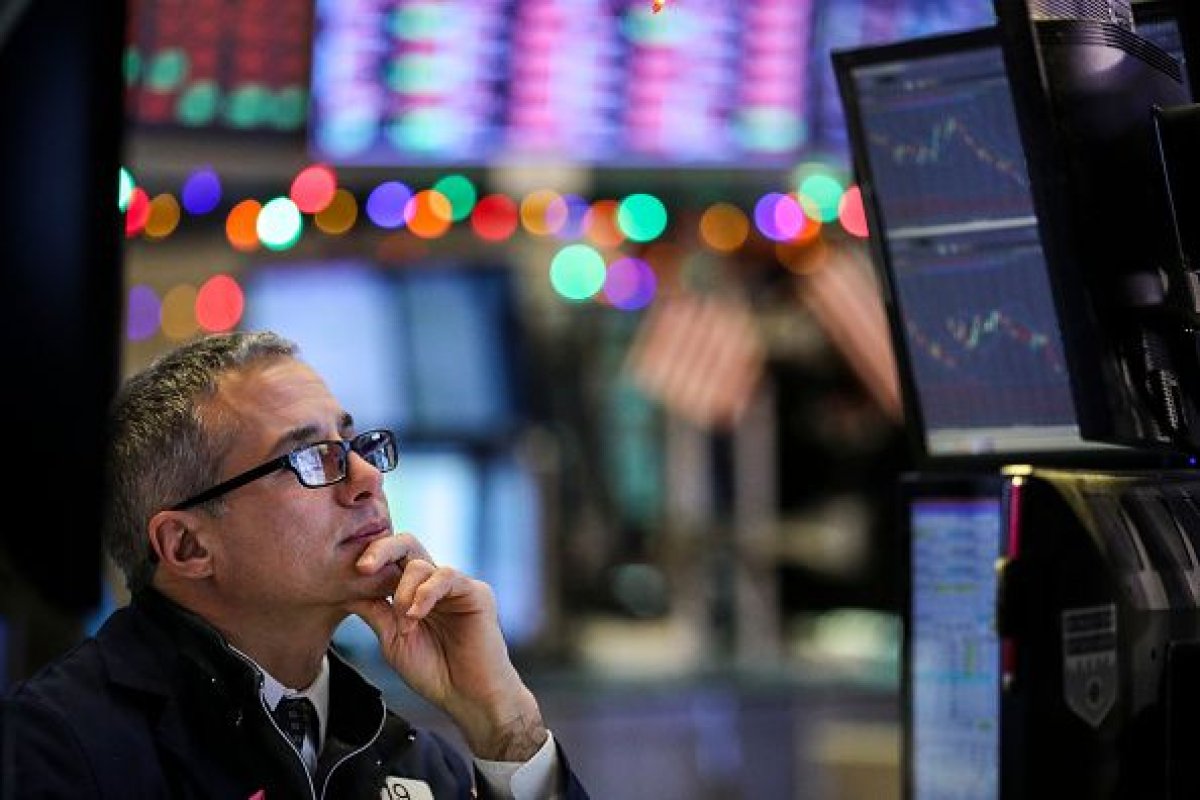
There is talk and fear of a recession in the U.S., and it could happen next year, according to a new CNBC Fed Survey.
The survey found that the chance of a recession within the next year rose by 23 percent, according to CNBC. The survey spoke with 43 economists, market strategists and fund managers, who said they did not approve of the way President Donald Trump handled the economy.
With fears of a possible recession in 2019, here are a list of some stock facts and definitions to know:
What Is a Recession?
A recession occurs when "a significant decline in economic activity spreads across the economy, lasting more than a few months, normally visible in real gross domestic product (GDP), real income, employment, industrial production and wholesale-retail sales," according to the National Bureau of Economic Research. The economy either shrinks or just stops growing.

When Does the Stock Market Open and Close?
The New York Stock Exchange is one of the largest stock exchanges in the world, according to Investopedia. The NYSE trading hours are from 9:30 a.m. to 4 p.m. ET weekdays, and is closed on federal holidays.
NASDAQ is he second largest stock exchange in the world. Premarket trading hours are from 4 a.m. to 9:30 a.m., while normal trading hours are from 9:30 a.m. to 4 p.m. After-market trading is from 4 p.m. to 8 p.m.
What Is a Bull Market?
A bull market occurs when share prices are rising or are expected to rise, and usually refers to long periods of rising security prices.
Bull markets usually happen when the economy is strong or becoming strong, according to Investopedia. This means that the GDP is growing and unemployment is low. It can typically last for a few months or several years.
August 22, 2018, marked the longest bull market in history, TheStreet reported. President Trump tweeted about the feat following the news: "Longest bull run in the history of the stock market, congratulations America!" Trump tweeted at the time.
Longest bull run in the history of the stock market, congratulations America!
— Donald J. Trump (@realDonaldTrump) August 22, 2018
What Is a Bear Market?
A bear market, a period marked by falling stock prices and low investor confidence, is the opposite of a bull market. It usually signals an economic contraction, also known as a recession, according to Investopedia.
Uncommon Knowledge
Newsweek is committed to challenging conventional wisdom and finding connections in the search for common ground.
Newsweek is committed to challenging conventional wisdom and finding connections in the search for common ground.
About the writer
Maria Perez is a breaking news reporter for Newsweek. She has an M.A in Urban Reporting from the CUNY Graduate School ... Read more
To read how Newsweek uses AI as a newsroom tool, Click here.








